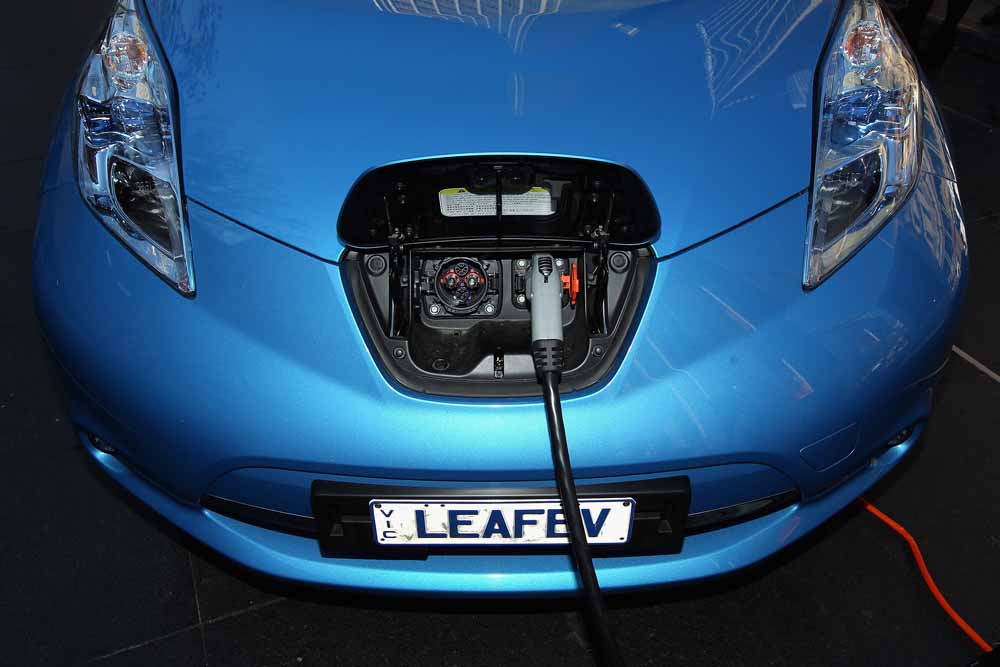Recently, there is an increase in the crime ranging from cloning private registration plates to more innovative and advanced illegal activities like theft of vehicles with key-less entry systems or cracking the computer-based system of the hi-tech car systems. The illicit movements are not limited to getting physical access to the car, but it also extends to virtual access of the system by the hackers.
Let’s discuss how lawbreakers scam innocent people:
Driver and Vehicle Licensing Agency is the organization responsible for maintaining the database of drivers in Great Britain. Most of the vehicle owners continue to use these DVLA onsite services but don’t know the risks involved in these processes. It is a cause of concern for those who are not familiar with the process as these sites may not be legitimate and can use the users’ information in any way they want without the knowledge of their users.
Due to the Search Engine Optimization techniques, the websites are offering and charging for online services that DVLA is offering from free pops at the beginning of the page, which makes it hard to be ignored. In particular, the SORN declaration online services websites use such tricks to attract people to their website.
Scammers use the vulnerabilities to scam people like the vulnerable motorists by sending fake emails and text messages stating that their road tax refunds are due. If they fail to pay the tax, then they would face hefty fines for not declaring a vehicle SORN or paying road tax. This type of message usually makes the reader tense most of the time, and this is how innocent people suffer.
Identifying scams:
Whenever you get email or text message for the vehicle to pay the due road tax then look for the following signs to identify whether the news is a trap or for real:
- Every note is written in a straightforward and official manner; it does not contain any harsh or threatening language to pay you for the bills.
- The message received appears official. It contains a greeting or salutation like ‘Sir’ or ‘Dear.’
- There is no scope in the message to contain any grammatical mistakes even if it contains any; then, probably, it could be a trap.
- Whenever the concerned authorities send any message, they have all the required information, so they never ask for any personal information in the notes.
- Many times, it is seen that the official URL is altered just by some letters. They are hard to notice. These activities are performed to fake official websites. Using the SEO (Search Engine Optimization) techniques, they rank their website on the first page of the search results, thus making it reasonably noticeable.
An authenticate business house never sends any unsolicited messages which contain any of the errors mentioned earlier or would never suggest you click on a particular link to update or enter personal details.
The DLVA has stated that they don’t send any emails or text messages linking to websites asking to enter or confirm the personal details or payment information. The DLVA also emphasizes not to open such links and strongly recommends deleting such item.
Even if someone clicks on such links by accident or for the sake of curiosity, then these webpages will confuse you whether the website is the actual one or not. This particular website boasts the same layout as the official website and has the same official logo. The only thing which makes it different is the URL. So, always check whether the URL that directs you to the official site before filling out anything. The DLVA websites are identified if they have a URL ending by “.gov.uk.”
Reporting the fraud:
The people must report any misleading websites, emails, phone calls, or text messages that seem suspicious.
The DVLA has provided helpful information for the customers on Scam Warning for the Customers. Contact the National Fraud and Cyber Crime Reporting Center if there is any suspicion over any text message or email.
For your private number plates‘ queries, always contact DVLA or a reputed registration number plate dealer for factual information and services.
Kent Charlie is associated with a vehicle registration agency that also deals with the personal number plate design. He has also been writing for many online publications on a freelance basis. Kent loves traveling and adventure riding, which he often does alone. Collecting heritage car number plates is one of his favorites and he takes pride in that. He takes inspiration from Plates4Less which sells number plates for vehicles.


















